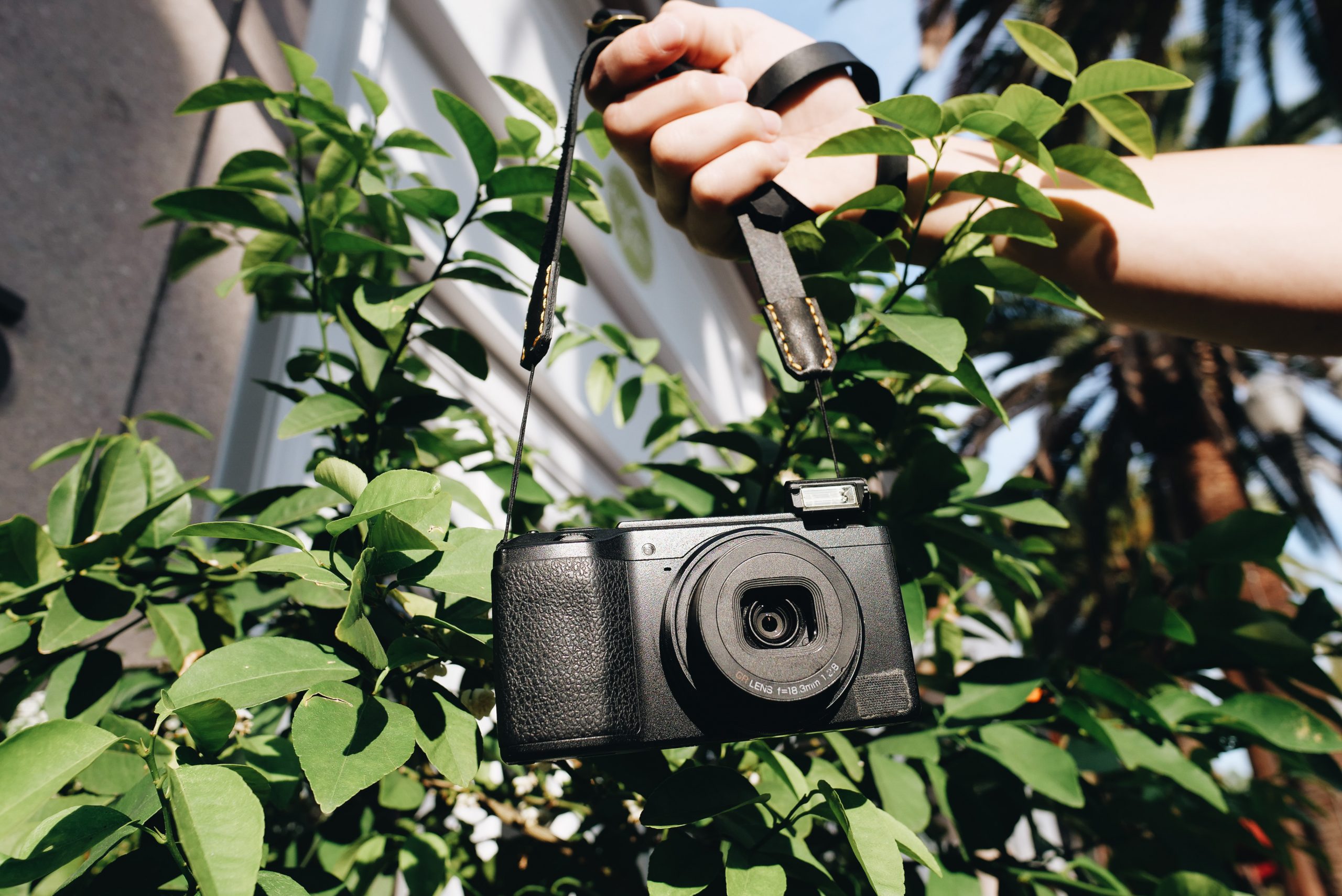What is the benefit of standalone cameras?
I’ve been recently testing and reviewing a bunch of camera phones. Which made me wonder:
What is the benefit or value of “standalone” digital cameras in today’s mobile world?
Benefits of a standalone digital camera

Basic thoughts:
- Better ergonomics: Generally speaking, a phone isn’t the most ergonomic device to hold in your hand while you’re shooting. Generally speaking, a standalone digital camera has a better handgrip.
- Fewer distractions: When you’re shooting with your phone, there are so many annoying popups, notifications, and things which can disrupt you while shooting (a tip, shoot with your phone in airplane mode to be more focused). With a standalone digital camera, you can only shoot photos, and nothing else.
- Better image quality: Standalone digital cameras generally have a wider dynamic range, high ISO performance, and image fidelity when you’re post processing the photos.
- Faster: Most modern digital cameras can shoot faster than a phone (faster autofocus, faster image buffering).
- Better flash: I find the integrated flashes on standalone digital cameras to be far more powerful than any phone camera.
Benefits of shooting with a phone

Of course there are many benefits of a phone camera when compared to shooting with a standalone digital camera:
- Phone cameras are smaller, and always with you, and you will probably shoot more (less friction when shooting with a phone).
- Ability to quickly cull your photos, process your photos, and share your photos online.
- Lightweight: Phone cameras are lighter than standard digital cameras, which means you can shoot all day long, with less fatigue on your wrist or neck.
Decide for yourself

Ultimately, don’t care about which camera is most “legitimate”. Just try to figure out which type of camera best fits your everyday life.
Generally speaking, I think a camera which allows you to shoot everyday (and all day) is superior.

The best standalone digital camera (in my opinion) is the RICOH GR II, because you can still fit it in your front pocket, and it is always with you. It also packs a powerful APS-C sensor, and the tiny flash that is integrated on it is ridiculously good.
The future is video
The trend I see is this:
Anyone can shoot photos, but not everyone can shoot videos (because of the difficulty of post processing and editing video).
Thus my practical suggestion is this:
Standalone digital cameras which can shoot 4K video (like the Lumix G9) are FAR superior to phone cameras.
For example, I’ve been able to get very very good results shooting with the Huawei P20 Pro and Google Pixel 3 camera phones for still photos. They’re quite similar to any other digital still camera I’ve used.
Yet, when I’m shooting 4K video on my Lumix G9, it is at least 100x better than the image quality of a video shot on a phone.
Thus one thing to consider — Lumix is provably the best brand for still photography/video photography.
What is the future of still photography?

My simple idea:
The future of still photography is either smartphone cameras, or digital medium format cameras.
Avoid the middle.





Cindy in Alexander’s apartment. Pentax 645Z 
If your passion is still photography, perhaps best to shoot with your phone or get a digital medium format camera (Fujifilm GFX digital medium format, or Pentax 645Z).
More thoughts on photo technology to come.
ERIC

